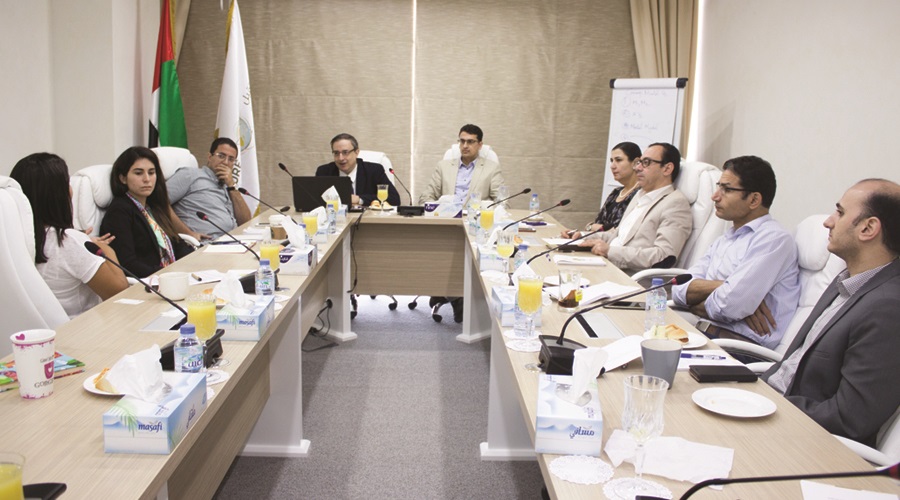On October 12, 2017, Future for Advanced Research and Studies hosted Dr. Mohamed Khalif, CEO of Integrated Knowledge Dynamics Company, Egypt, in a workshop titled “Problem Solving: Using Systems Thinking to Understand Social Phenomena.”
The workshop sought to examine the applicability of systems thinking methodology to find solutions for complex problems. Khalif explained that the systems thinking model is based on perceiving problems as parts of a holistic system, in which all parts interact dynamically. This method is different from traditional approaches that relies on addressing specific parts of a problem, without approaching the dynamics effect, which may result in unintended consequences.
Khalif noted that Jay Wright Forrester laid the foundations of system dynamics in the 15th century, as a method for strategic thinking.
Systems thinking is used to resolve complex problems, whether political, social, or economic to contribute to the development of society. In addition, this approach could be utilized in the field of entrepreneurship and innovation to boost value-added projects.
The participants discussed the role of causal graphs that assists in understanding a certain phenomenon through visualizing its interactions. Such graphs allow researchers to identify strengths and weaknesses in the chain, which allows re-engineering the whole model efficiently.
Finally, Dr. Khalif reiterated the significance of systematic thinking in forecasting future developments, and providing recommendations for policy makers.


